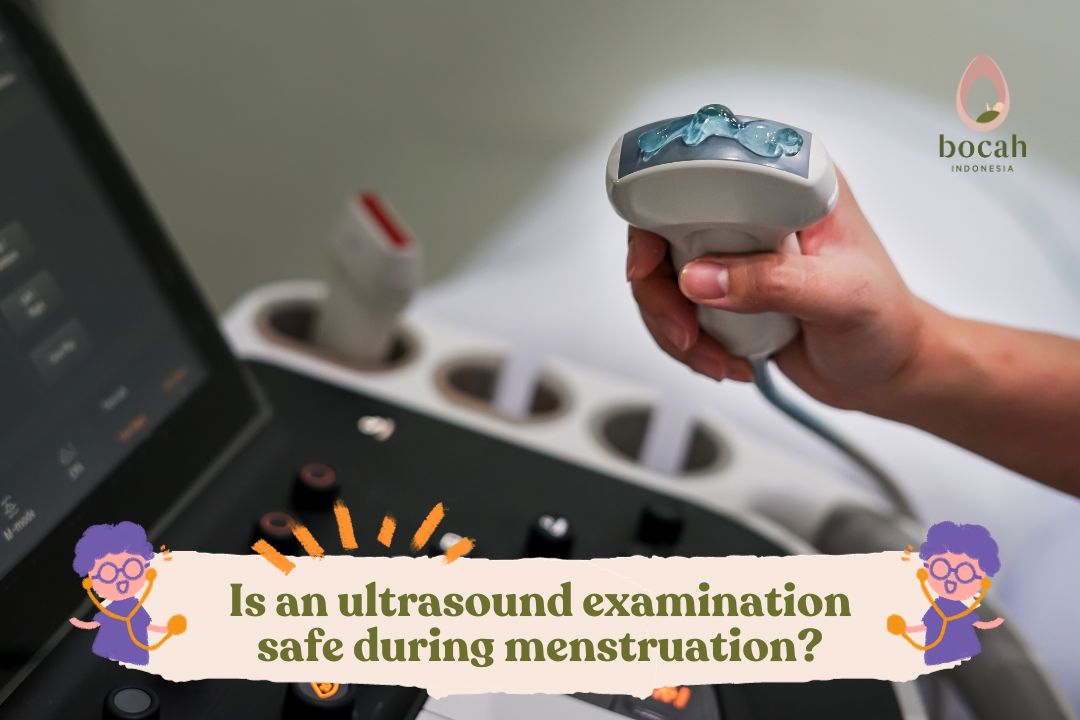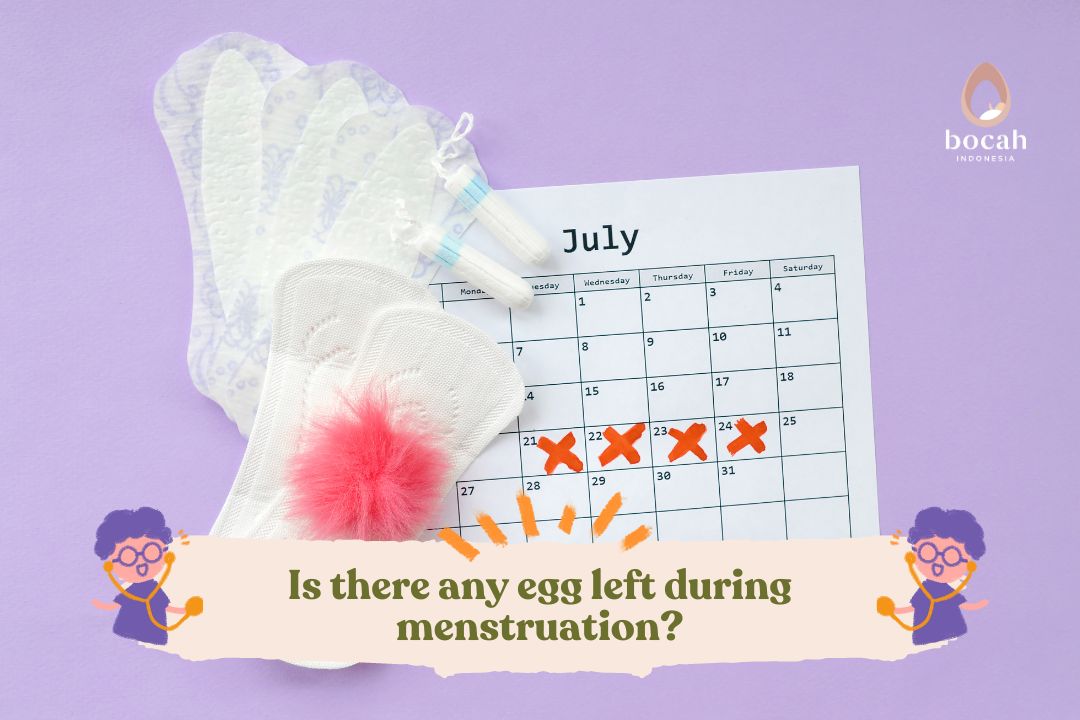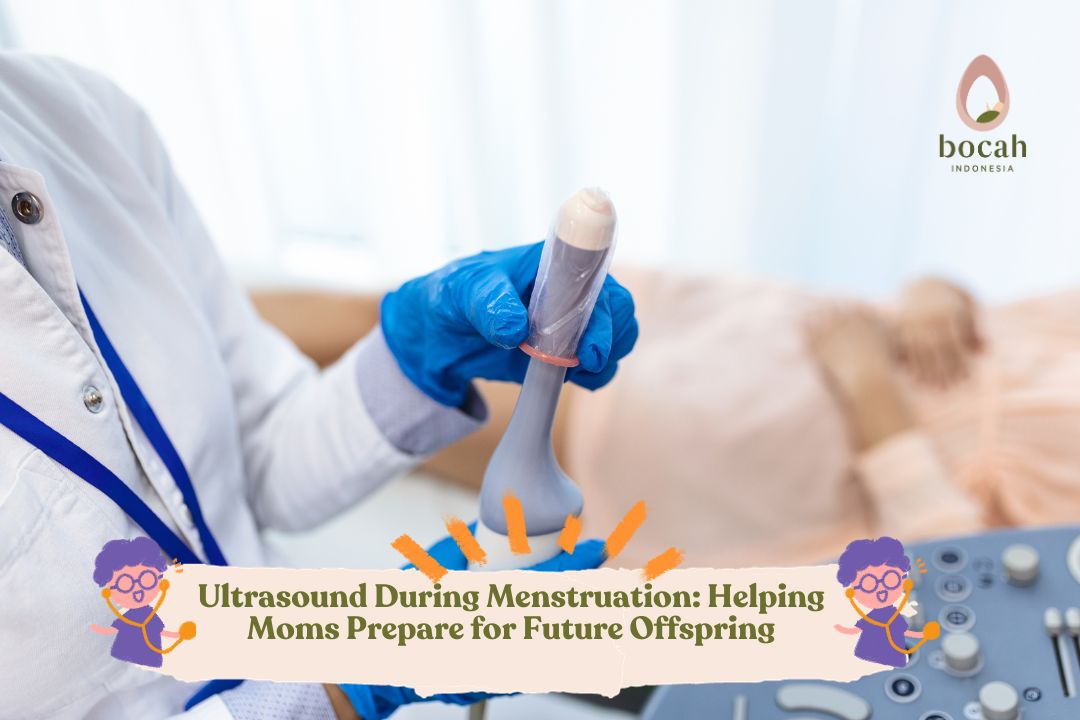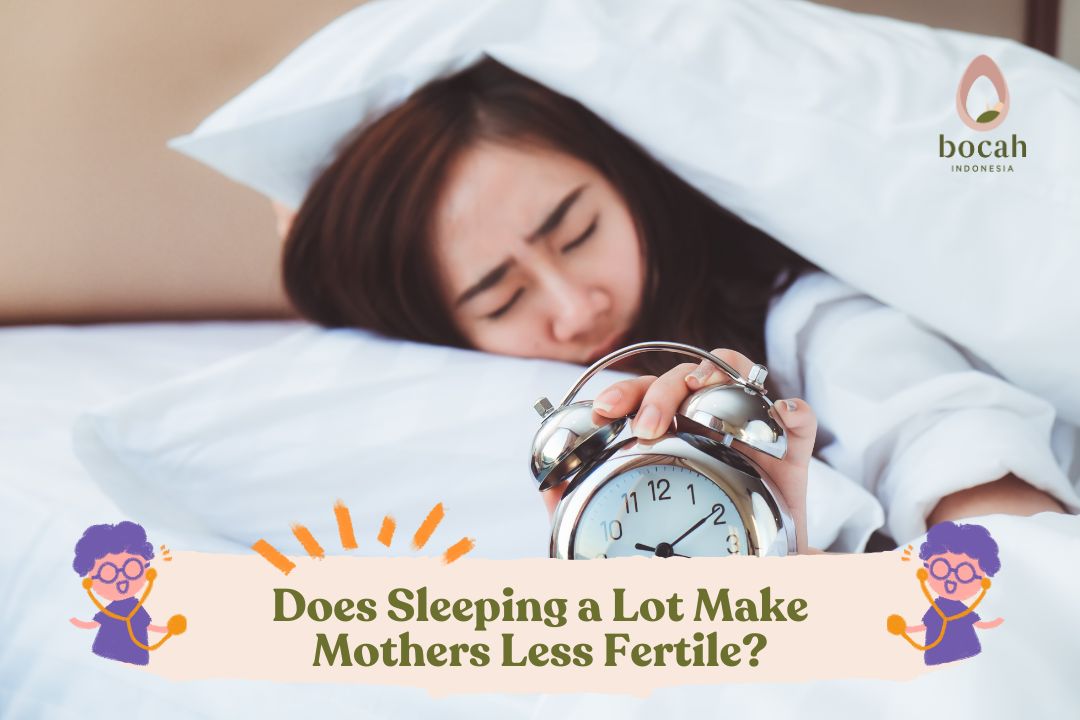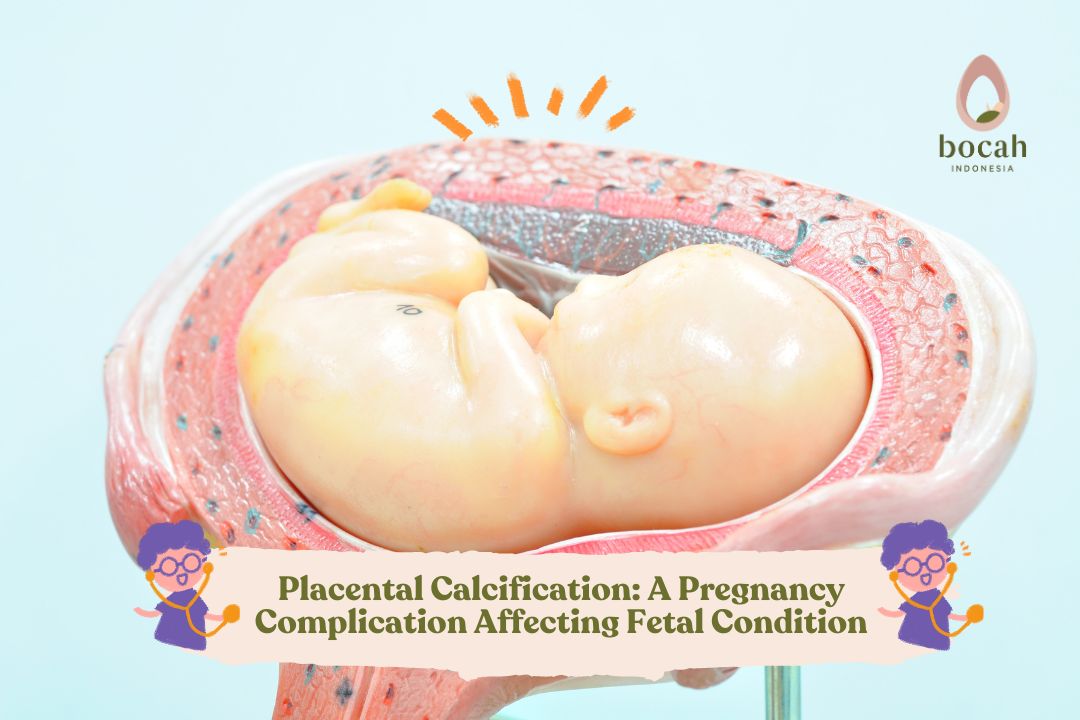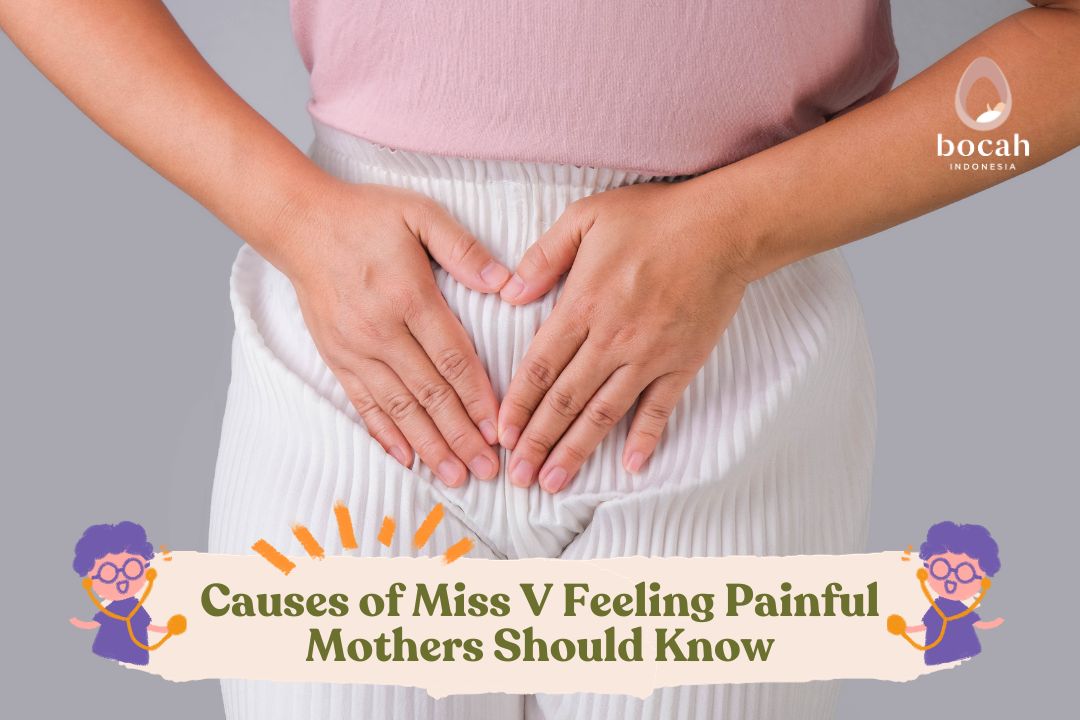Weight Affects Menstruation, Makes it Difficult for Mothers to Ovulate
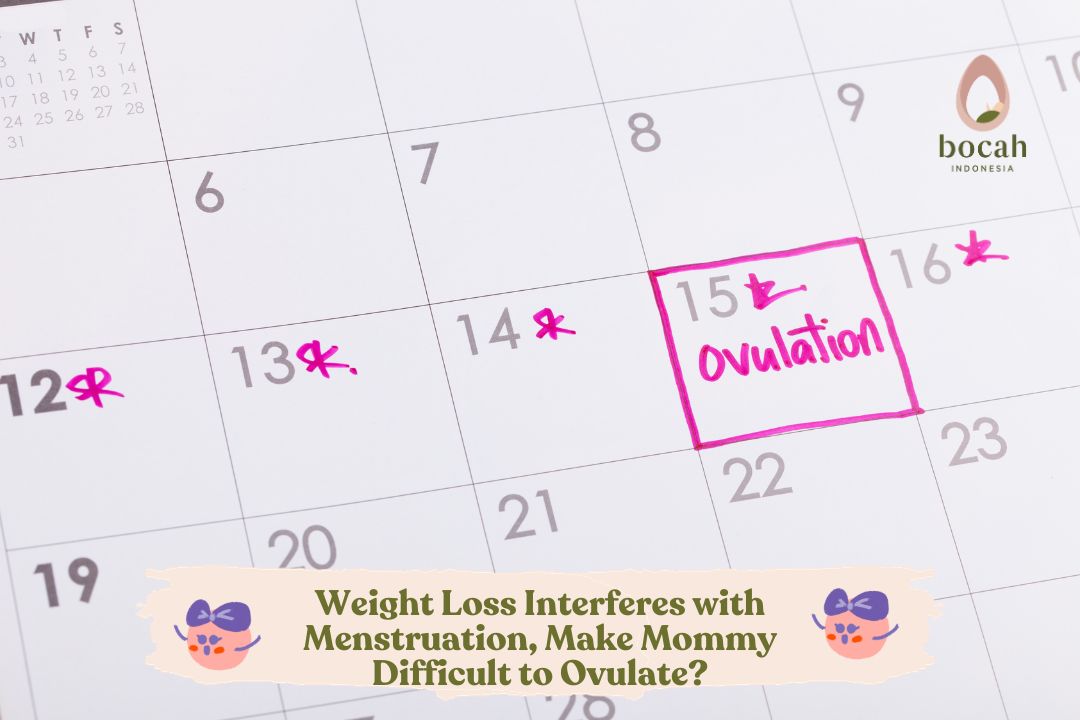
Having an ideal body weight is certainly a dream for every woman. Beyond appearance reasons, an ideal body weight is also very beneficial for health. It’s important for women to maintain their body weight through a healthy lifestyle to prevent health implications.
Can Body Weight Affect Women’s Menstruation?
A woman’s body weight can indeed influence her menstrual cycle. If a woman’s body weight is above normal, it can cause irregular menstrual cycles. On the other hand, being underweight can lead to longer or temporary cessation of menstruation. This is because body weight can affect the performance of hormones that regulate the menstrual cycle. According to The American College of Obstetricians and Gynecologists, excessive body weight can cause hormonal imbalances that disrupt ovulation.
This is because body fat, also known as adipose tissue, produces excess estrogen hormones that can hinder ovulation and disrupt the menstrual cycle. However, it’s not yet known exactly how much weight gain can inhibit a woman’s menstruation. What is certain is that if weight gain occurs rapidly and significantly, it can affect the menstrual cycle itself.
Apart from excessive body weight or obesity, women with low or below-normal body weight can also influence the menstrual cycle. The menstrual cycle occurs due to the complex interaction between the ovaries and the brain. Changes in hormone levels in the body trigger ovulation. When there are more hormone changes, menstruation occurs. However, when there is a disturbance in this interaction, it can lead to disrupted ovulation. This condition is what causes temporary cessation of menstruation.
How to Overcome Body Weight’s Impact on Menstrual Cycle
Is the condition of body weight affecting your menstrual cycle causing concern? There are several things you can do to address this issue.
Tanya Mincah tentang Promil?
Excessive Body Weight Condition
As known, being overweight can trigger health problems. You can change your eating pattern to be healthier and more regular. Get into the habit of having regular breakfasts, eating meals at consistent times, and consuming healthy foods like fruits and vegetables. Increase your water intake to meet your body’s fluid needs. Don’t forget to engage in regular exercise, at least 30 minutes per day. It’s advisable to avoid consuming foods containing saturated fats that can contribute to weight gain. Also, reduce the consumption of excessive sweets, caffeine, and alcohol.
Below Average Body Weight Condition
Having a low or below-average body weight is also not good. Low body weight is influenced by insufficient calorie intake, excessive exercise, and other health disorders. Instead of promoting a healthy body, this condition can affect hormone levels and disrupt ovulation. There are several ways to address this issue, such as gaining weight. Change your eating pattern to a healthier one. Ensure a balanced intake of food and beverages with proper nutrition. It’s advisable to reduce stress and engage in moderate exercise, avoiding excess.
If your usual meal portions consist of 2-3 times a day, consider shifting to smaller portions but more frequent meals. Additionally, consume healthy foods like fruits, vegetables, whole grain bread, pasta, and other dairy products. Now, you know that body weight can impact the menstrual cycle, right? Let’s embrace a healthy lifestyle to restore a normal menstrual cycle and enhance the success of conception.
Source:
- Reavey, J. J., et al. (2021). Obesity is associated with heavy menstruation that may be due to delayed endometrial repair. Journal of Endocrinology, Volume/Issue: Volume 249: Issue 2, 71–82.
- Seif, M. W., et al. (2015). Obesity and menstrual disorders. Best Practice & Research Clinical Obstetrics & Gynaecology, Volume 29, Issue 4, May 2015, Pages 516-527.
- Committee on Adolescent Health Care. (2021). Obesity in Adolescents. The American College of Obstetricians and Gynecologists, Number 714.
- Hulmi, J. J., et al. (2017). The Effects of Intensive Weight Reduction on Body Composition and Serum Hormones in Female Fitness Competitors. Front. Physiol., 10 January 2017 Sec. Integrative Physiology, Volume 7 – 2016.



